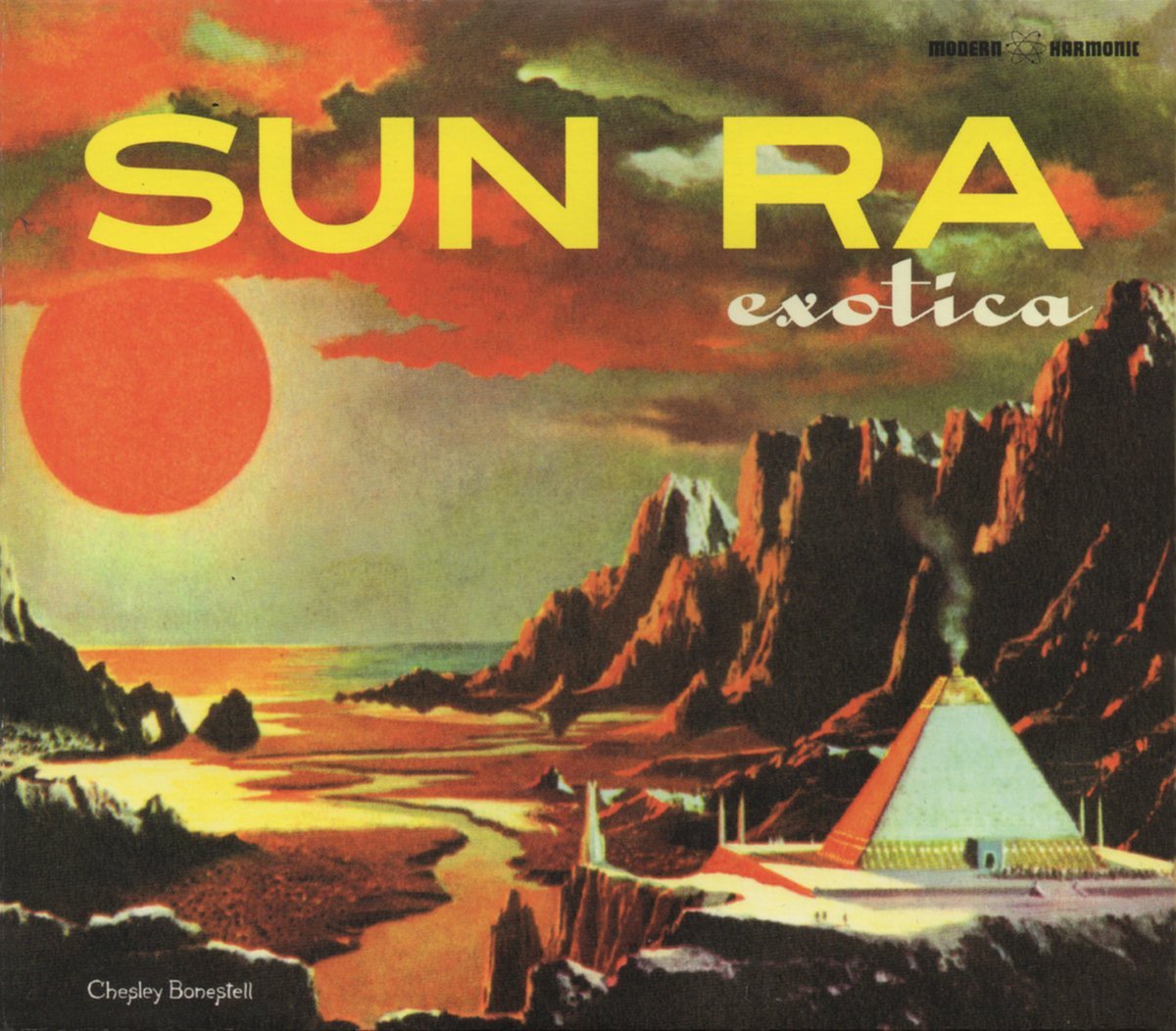• Over the past several months, I’ve been reading not-so-heavy fiction before bed to help clear my head of news-trauma before sleep. I’m using the opportunity to check out books I probably should have read in my teens and college years but didn’t. At the time, I was mainly reading music fanzines1It’s fair to say that music fanzines made up 85% of what I read between the ages of 17 and 25 and Stephen King novels (with the occasional Vonnegut and beat writer interlude), so there’s a lot of catching up to do.
I just finished Isaac Asimov’s The Foundation Trilogy. A lot of people enthusiastically recommended the series, but it didn’t blow me away as I expected.2I guess I really should have read this when I was younger, as that’s when all the people who recommended it did. I’m glad I read the trilogy, though. There are many thought-provoking concepts, and that’s the least one can want from a book. Also, the storyline of The Mule captivated me. The Mule is a mutant conqueror who can mentally bend people’s emotions to become subservient, effectively enamored by him. What’s most interesting is that these people are aware of their manipulation, but they press on in their devotion. Here’s a passage from Second Foundation:
What kept him from action? What deadened him? There was a time when he was a rebellious and unpromoted captain of the First Foundation’s commercial empire, when it would have been himself rather than Channis who would have taken prompt and daring action such as that. Was the Mule right? Was his controlled mind so concerned with obedience as to lose initiative? He felt a thickening despondency drive him down into a strange lassitude. […]
Pritcher nodded mutely, and cogitated in the sudden loneliness on the evils of approaching fifty. The visiplate was sparsely starred. The main body of the Galaxy misted one end. What if he were free of the Mule’s influence—
But he recoiled in horror at the thought.
I can’t help but equate this to our struggles with social media and the internet in general. Not to mention, how we ‘lose initiative’ through our internet interactions (see: slacktivism). We know we should turn away, but we can’t — it feels too good to persist. File this alongside Wednesday’s ‘Siren’s song’ metaphor.
• Often this blog gets ‘meta,’ and I talk about the joys and processes of blogging. There are many things that I wish I had started earlier (like reading something meatier than music fanzines). I like to think blogging is one of those things. But, I was blogging as soon as the late ’90s. Astralwerks set up a site for me, and I had a ‘dispatches’ page where I could post a tour diary or studio updates. My Q-BAM site had a blog, too. And I’m embarrassed to admit I semi-regularly blogged on MySpace — most of those posts disappeared into the ether.
The problem was that I didn’t blog consistently. If I did post, the content was usually related to promoting an upcoming gig or release, or a tracklist and link to the latest Invisible Airwaves radio show. Occasionally the writer within appeared — here’s a piece I wrote on Tony Wilson from 2007 that I still enjoy seeing — but those pieces were rare.
I’m thinking about this because I ran across a blog post by ex-Google programmer Steve Yegge from 2005. It’s called You Should Write Blogs, and I wish I had read it at the time. Steve is encouraging everyone to blog, and he lays out compelling reasons. Early on in the piece, he writes:
This is certainly the most important thing I’ll ever say in my blogs: YOU should write blogs.
Even if nobody reads them, you should write them. It’s become pretty clear to me that blogging is a source of both innovation and clarity. I have many of my best ideas and insights while blogging. Struggling to express things that you’re thinking or feeling helps you understand them better.
I don’t know if this article would have inspired a blogging (or writing) practice in those years. I certainly didn’t understand how writing in public sharpens the mind, hones opinions, and feels fantastic. No one told me. Or, more likely, I wasn’t listening — I was too busy slurping vodka and playing records in dark rooms.
What’s the cliché? The best time to start something is yesterday, and the second-best time is right now. I’m thankful I started this blog a few yesterdays ago, even if it’s not as many yesterdays as I’d like. For the rest of you, the time is now. Get blogging. Here’s some encouragement of my own.
• This video of David Bowie turning the interview tables on MTV’s Mark Goodman is making the rounds. And with good reason. How cool.
• I’m just putting this here: State Moves Into Unannounced Goth Phase of Reopening
• The news has come over the wire that Jon Hassell is releasing the second installment of his ‘pentimento’ series on July 24. The first one, from 2018, was excellent, so I’m excited to hear its follow-up, Seeing Through Sound. The lead track — “Fearless” — is live, and it’s no surprise that it’s a stunner. Pre-ordered!
I should also mention that there’s a GoFundMe page for Jon Hassell. He’s not in the best of health right now, and the present COVID-19 dangers have made his situation direr. The page was set up by friends and family to help Hassell get financial assistance so he can receive the care he requires. [LINK]
• Lake Holden was looking particularly serene this morning = [LINK]

